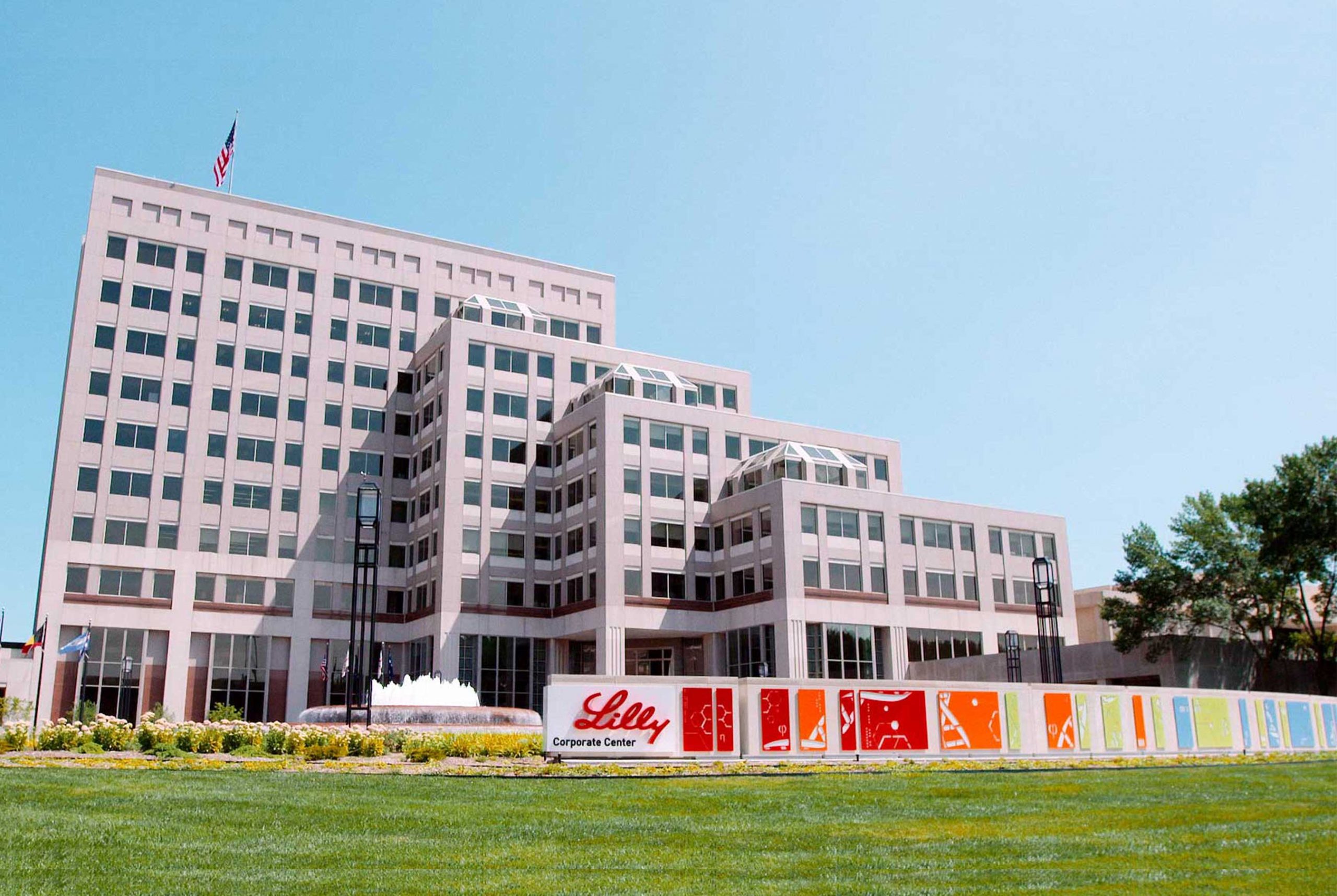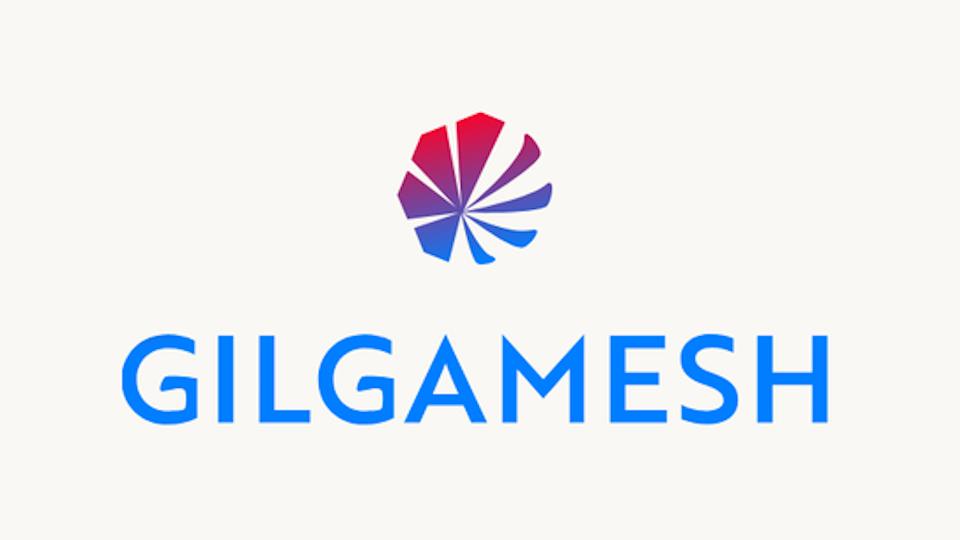Lilly announces CNS tie-up with UK biotech Evox Therapeutics

Eli Lilly has announced a central nervous system research tie-up with UK biotech Evox Therapeutics, which focuses on drug engineering using vesicles to deliver drugs to targets.
These tiny packages, known as exosomes can deliver drug cargos to target tissues, potentially allowing access to cells that are currently out of reach using other drug delivery technologies.
Under the terms of the agreement, Evox will receive around $1.2 billion in development, regulatory and commercial milestone payments.
This is the second large pharma collaboration for Evox in less than three months, following a rare disease collaboration with Takeda announced in March that is worth up to $882 million.
Evox is led by Tony de Fougerolles, a pharma veteran who was previously chief scientific officer of Ablynx, and before that Moderna.
De Fougerolles is credited with shifting Moderna’s technology towards vaccines, where the mRNA specialist is now a frontrunner in the race to treat COVID-19.
Evox has developed technology that allows drugs to cross the blood-brain barrier, a major issue when developing drugs to treat diseases of the central nervous system.
The deal with Eli Lilly covers several targets and is focused on developing and delivering RNA interference and antisense oligonucleotide drug payloads for neurological disorders.
Evox will be engineering their exosomes in order to achieve brain/CNS-targeting and drug loading.
Evox will receive a $20 million cash up-front payment, research funding over three years, as well as a $10 million investment from Eli Lilly in exchange for a convertible bond.
In total these development, regulatory and commercial milestones add up to around $1.2 billion and Evox will also receive tiered royalties on net sales of products.
Neurology is becoming an important area of research for Eli Lilly – it has recently had its Reyvow (lasmiditan) approved for migraine relief, following on from its preventive injection Emgality (galcanezumab).
De Fougerolles said: “This agreement with Lilly allows us to explore both the potential of our platform to deliver oligonucleotide payloads, a class of drugs of increasing importance, and the suitability of our exosome technology for CNS targeting. This new deal with another major pharmaceutical company highlights the breadth of opportunity that exists with exosome-based drugs.”













